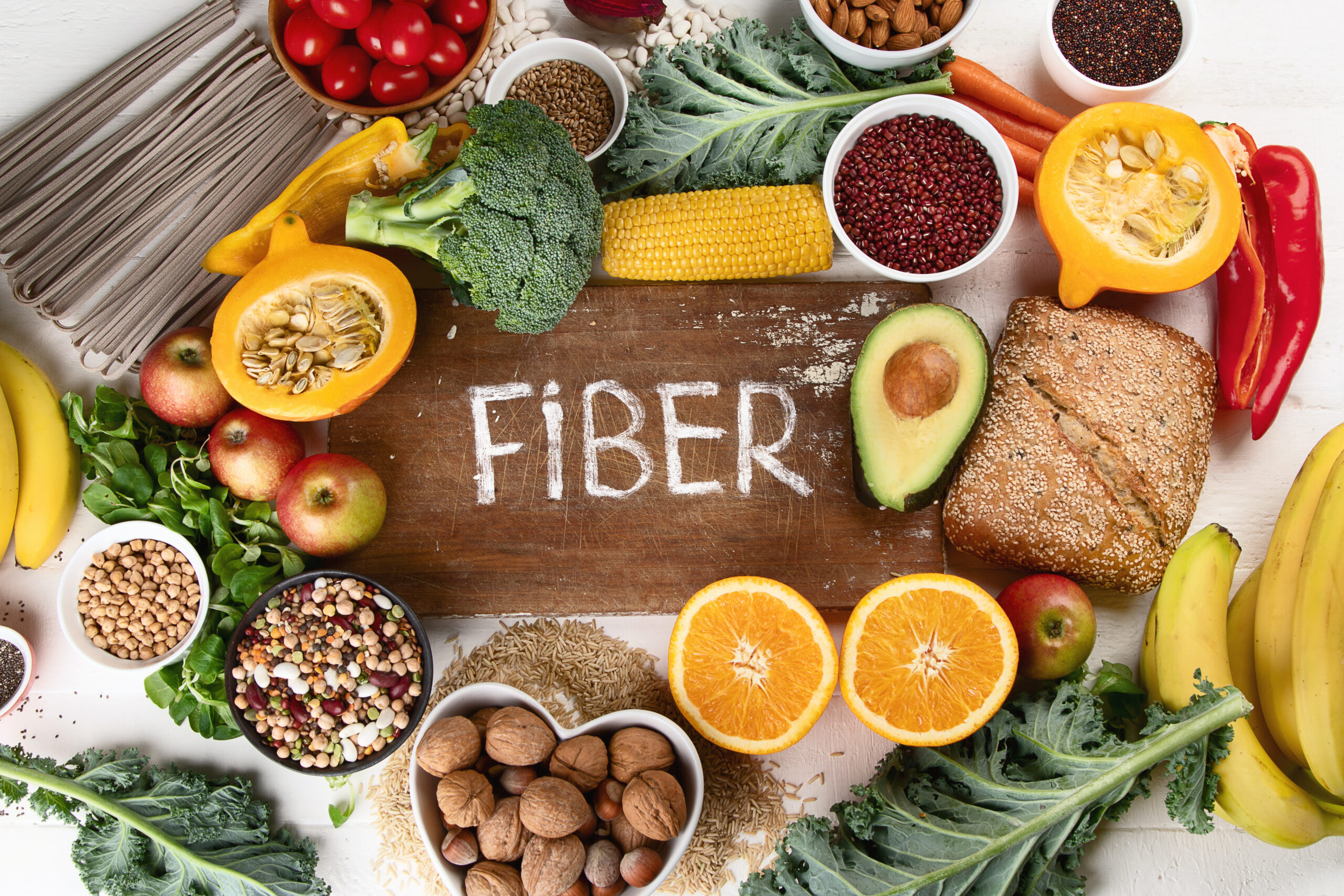If you could slash your colorectal cancer risk by 20% just by changing what you eat, would you do it? Science says you can—and the fastest way is by adding more dietary fiber from whole grains, fruits, and vegetables to your plate.
Story Highlights
- Increasing dietary fiber intake from whole grains, fruits, and vegetables lowers colorectal cancer risk by up to 20%.
- Large-scale studies and intervention trials consistently support this recommendation.
- Rapid biological changes occur in the colon within weeks of a dietary shift toward higher fiber.
- Fiber is now a central pillar in cancer prevention guidelines worldwide.
Decades of Data Reveal a Powerful Preventive Tool
Colorectal cancer is a formidable foe, ranking among the leading causes of cancer death globally. The connection between diet and colorectal cancer risk has been scrutinized since the 1980s, when researchers first noticed that populations consuming traditional, fiber-rich diets had notably lower rates of the disease compared to those following Western diets laden with red meat and processed foods. By systematically reviewing data from over three decades, scientists have shown that people who consistently eat more dietary fiber—especially from whole grains, fruits, and vegetables—have a significantly lower chance of developing colorectal cancer.
Meta-analyses and cohort studies conducted between 2000 and 2016 repeatedly confirmed that a high-fiber diet can lower colorectal cancer risk by approximately 20%. These studies do more than just observe populations; they control for confounding factors and use dietary indices, such as the Mediterranean and DASH diets, to measure the impact of fiber intake. The effect is not just statistical—it’s biological. Fiber helps regulate gut microbiota, reduces inflammation, and limits cell proliferation in the colon, all of which are known cancer risk factors.
What Happens When You Change Your Diet?
In 2015, a landmark study led by UPMC and South African research centers put dietary theory to the test. Participants who switched from a typical Western diet to one rich in fiber experienced rapid and measurable changes in their colon health within just two weeks. Markers for inflammation and cancer risk plummeted, and the gut environment shifted from one that promoted cancer to one that protected against it. The findings were so striking that Dr. O’Keefe of UPMC declared that “high-fiber diets can convert the colon from a cancer-promoting to a cancer-preventing environment in as little as two weeks.”
This isn’t just promising news for scientists—it’s actionable for anyone concerned about their health. Unlike vague wellness advice, this recommendation is precise, quantifiable, and supported by a mountain of evidence. The message is clear: adding more fiber to your diet isn’t just a good idea; it’s a proven strategy to lower your cancer risk.
The Stakeholders Behind the Advice and the Push for Change
Leading the charge are researchers, nutrition scientists, oncologists, and public health agencies like the World Cancer Research Fund, American Institute for Cancer Research, and NIH. These organizations have spent years refining dietary guidelines, now making fiber a central pillar in cancer prevention. Their motivations are firmly rooted in the pursuit of public health. By collaborating with academic institutions, conducting rigorous clinical trials, and continually updating recommendations, these stakeholders have turned fiber into a weapon against colorectal cancer.
Public health agencies play a pivotal role in translating research into policy, shaping dietary guidelines, and rolling out campaigns to help populations adopt healthier eating habits. The power dynamics are clear: evidence drives recommendations, and those recommendations drive policy and, ultimately, behavior.
Current Developments and New Insights
Recent systematic reviews have only solidified the role of dietary fiber in cancer prevention. The WCRF/AICR’s latest announcements declare the evidence “convincing,” and new studies continue to explore which fiber sources and types are most beneficial. Ongoing research is delving deeper into the mechanisms, investigating how different fibers interact with the gut microbiome and immune system.
Dietary fiber’s role in cancer prevention is now so well established that it is central to cancer prevention guidelines worldwide. The food industry is responding, increasing the availability of high-fiber products, while healthcare systems anticipate long-term savings from reduced cancer incidence. As more people adopt fiber-rich diets, the ripple effects will extend to economic, social, and policy spheres.
Expert Perspectives and Lingering Questions
Experts are united on the benefits of dietary fiber, but not all questions are answered. Some studies suggest differences in risk reduction by sex, region, or specific fiber type. The debate continues over the relative importance of soluble versus insoluble fiber, and which sources—whole grains, fruits, or vegetables—are most potent. However, the consensus remains: more fiber is better, and the evidence is strongest for fiber from whole foods rather than supplements.
For Americans—and anyone following a Western diet—the challenge is clear. Increasing fiber intake is one of the simplest, most actionable ways to reduce colorectal cancer risk. The numbers don’t lie: a 20% risk reduction is within reach. The only question left is whether you’ll make the change.
Sources:
Dietary fiber and colorectal cancer risk: Systematic review
Dietary patterns and colorectal cancer risk: Meta-analysis








